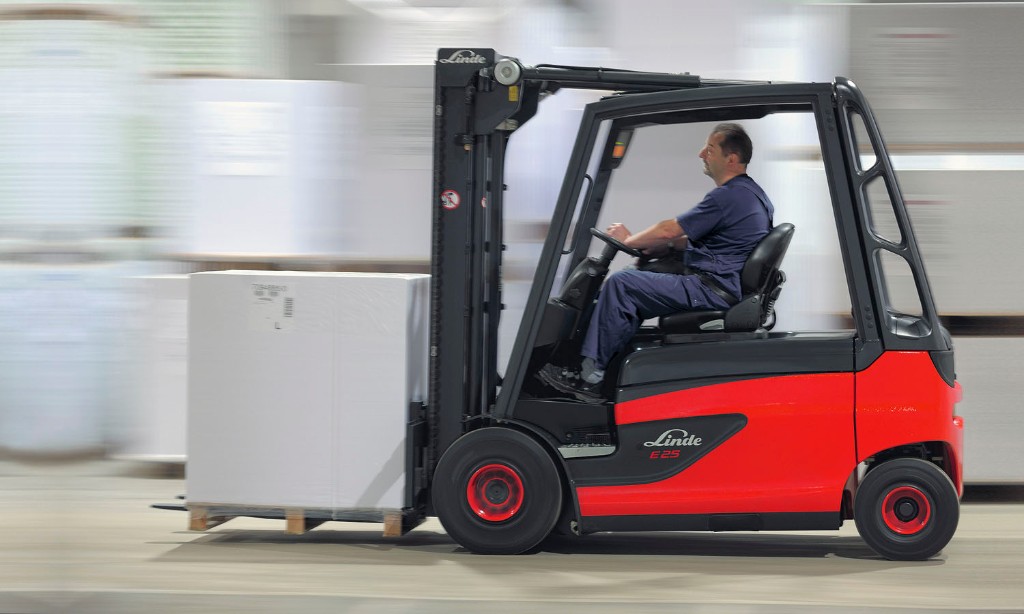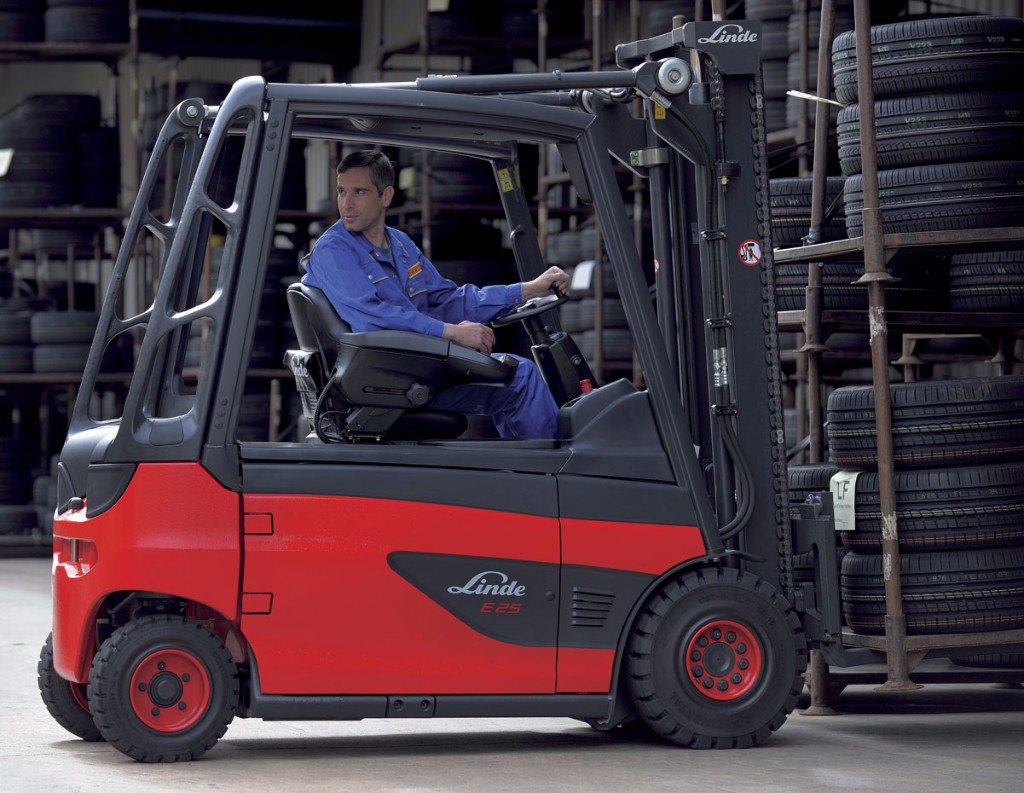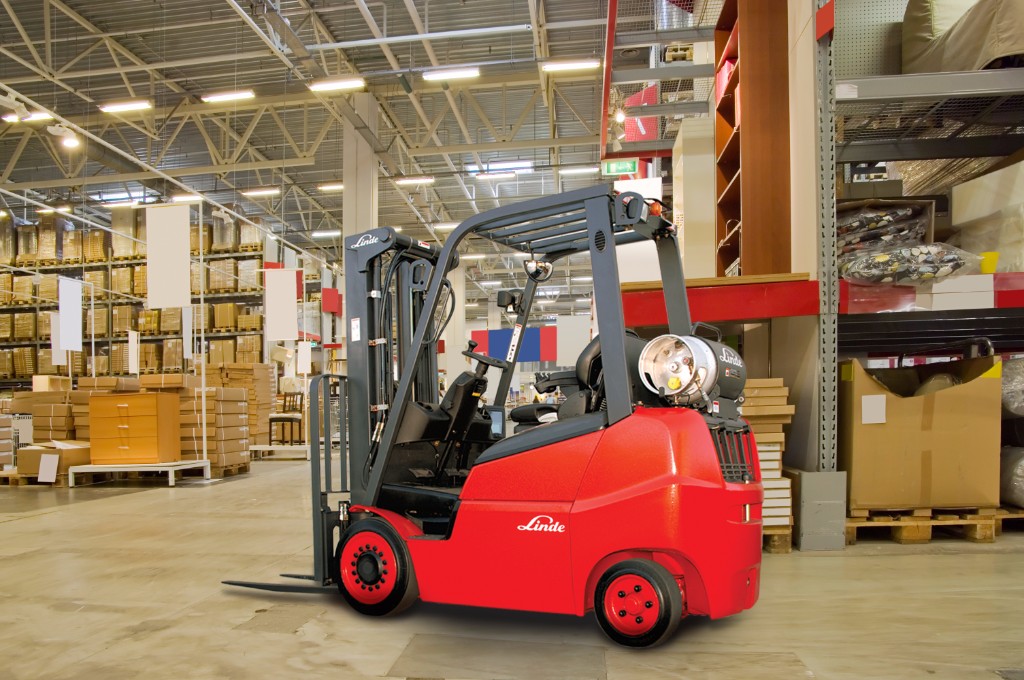The forklift is a powerful industrial tool that allows heavy items to be moved with ease and prevents various injuries from personal lifting. However, it is essential that operators are properly trained to operate a forklift and understand the factors that affect the machine’s stability.
An understanding of load capacity and weight distribution is especially important when operating a forklift. The load capacity represents the amount of weight a forklift can safely lift and maneuver. Weight distribution refers not only to the weight of the load, but also the weight of the forklift itself. An empty forklift has most of its weight in the rear, but when a load is placed on the lift, the weight distribution moves forward.
Load Center
The load center is the horizontal distance between the face of the forks and the center of gravity of the load. Forklifts are designed to carry a capacity load at a standard load center, typically 24 inches, to evenly distribute the weight of the load and keep the lift stable.

Photo credit: www.osha.gov
This center is determined as if the load being carried is a perfectly shaped cube whose center of gravity is exactly in the center of that cube, so when lifting irregularly shaped loads, the capacity may be reduced.
The load center should be as close to the forklift’s wheels as possible. Increasing the distance between the load center and the wheels can result in tipover. Additionally, going over a forklift’s weight capacity can cause the weight distribution to move too far forward and result in tipover, as well as other hazards like loss of steering control or falling load.
Load Placement
When loading items, the heaviest weight should be loaded as close to the forklift’s masts as possible. Also be sure to load rectangular boxes widthwise rather than lengthwise to keep the load center from shifting forward and potentially causing tipover, as seen in the figure above.
Understanding these concepts is essential to safely operating a forklift, but load capacity and weight distribution are not the only factors that affect a lift’s stability. Visit OSHA’s e-tools for more details about forklift stability, balance, and how to estimate a safe load capacity.



